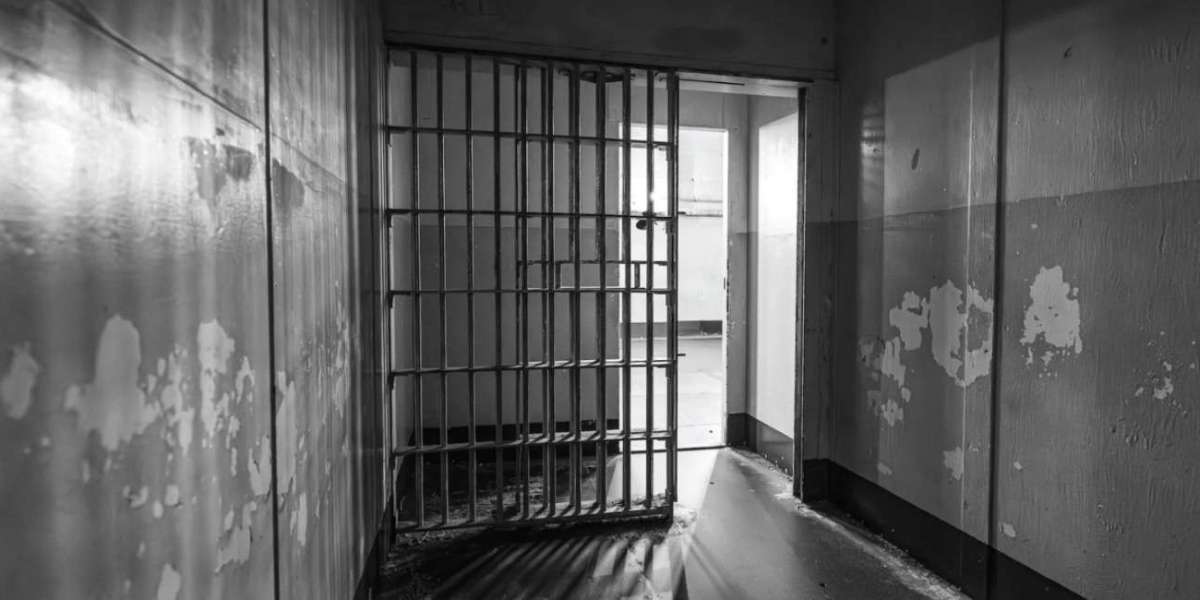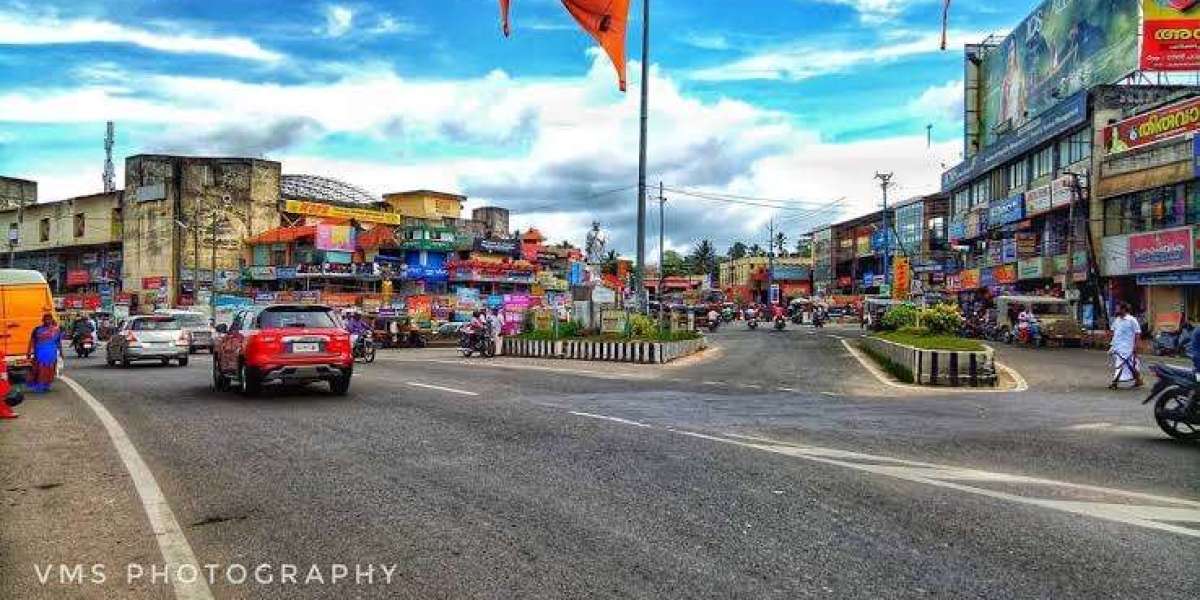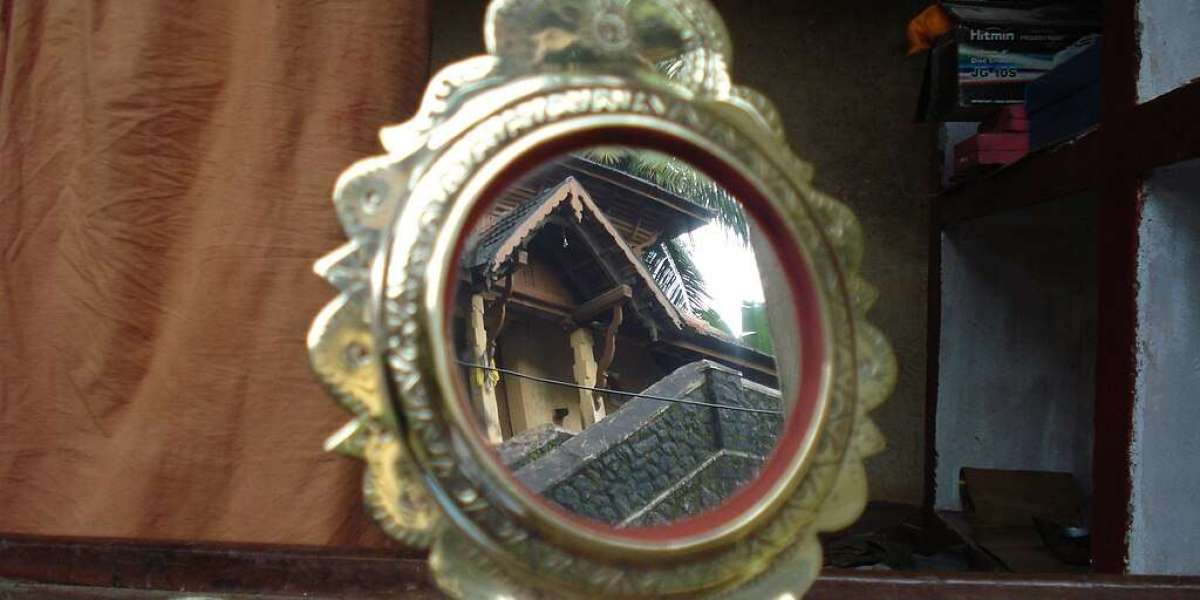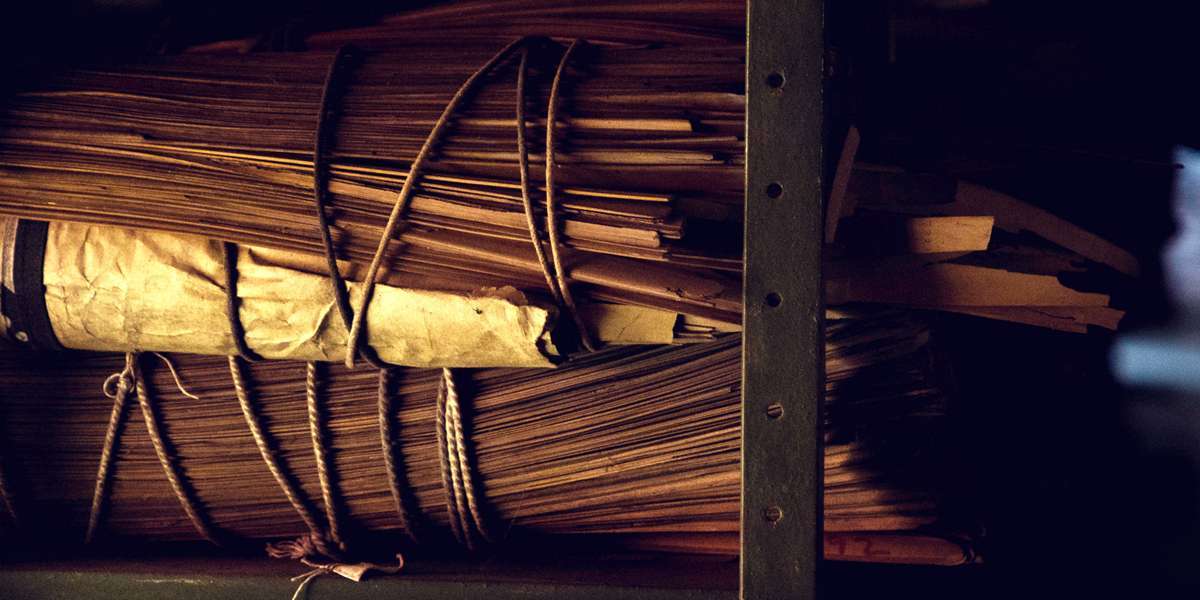The Kerala Prisons and Correctional Services Department has steadily evolved from being a traditional custodian of convicts to becoming a beacon of transformative corrections. With a strong commitment to human dignity and a progressive outlook, the department emphasizes not just incarceration but also the holistic rehabilitation and reintegration of inmates into mainstream society. This shift marks a significant move away from punitive practices towards correctional strategies rooted in empathy, skill-building, and self-worth.
One of the most commendable aspects of Kerala’s correctional strategy is its focus on vocational rehabilitation. Recognizing that economic independence is key to successful reintegration, the department has launched several initiatives that blend productivity with personal transformation.
Food for Freedom, one of the flagship programs, stands as a pioneering example. Under this initiative, inmates are trained in culinary arts and operate food outlets open to the public. Prisons like Viyyur and Poojappura have gained acclaim for the quality and affordability of their food, with dishes prepared by trained inmates under hygienic conditions. This initiative not only builds professional culinary skills but also fosters a sense of pride and self-reliance among the inmates. The earnings from the venture are partly used to support the welfare of the inmates’ families, reinforcing their connection with society and their sense of purpose.
Equally inspiring are the handicrafts and skill-building workshops conducted within the prisons. These include training in tailoring, carpentry, bookbinding, soap-making, and other traditional crafts. Products made by inmates are showcased and sold through exhibitions and prison-run outlets, with the proceeds partly given to the inmates and their families. These programs are designed not merely to keep inmates engaged, but to equip them with employable skills, nurture discipline, and boost self-esteem.
Kerala's prisons also emphasize mental correction through positive and productive thought cultivation. Inmates are encouraged to participate in yoga sessions, meditation, art therapy, and literary activities. Many correctional institutions also run educational programs in collaboration with literacy missions and open universities. These not only enrich the inmates intellectually but also help reframe their identities beyond the crime they once committed.
Adding to its progressive correctional approach, Kerala has also pioneered the concept of open prisons, which further reflects its belief in trust-based rehabilitation. These open prisons, such as the ones in Nettukaltheri and Cheemeni, are designed for inmates who have demonstrated good conduct and are nearing the end of their sentences. Unlike conventional prisons, these facilities have minimal security walls and allow inmates to engage in farming, animal husbandry, and community-based work with greater autonomy. The idea is to simulate real-world conditions, helping inmates transition smoothly back into society while instilling a sense of responsibility, self-discipline, and civic integration. Open prisons serve not only as a step toward conditional freedom but also as a platform for self-reform and economic self-sufficiency, embodying Kerala's commitment to humane and effective corrections.
The department’s approach is rooted in the belief that everyone deserves a second chance. To ensure long-term reintegration, Kerala Prisons also liaise with NGOs, employers, and social workers who help create employment pathways and provide post-release counselling. Some jails even run de-addiction centers, addressing the root causes of criminal behavior and supporting holistic healing.
This progressive stance has made Kerala a model for correctional reform in India. Rather than treating inmates as mere criminals, the system sees them as individuals capable of change. With a blend of vocational training, psychological support, and social engagement, the Kerala Prisons Department ensures that when inmates walk out of prison, they carry not stigma, but skill, dignity, and hope. In a world grappling with the challenges of crime and recidivism, Kerala’s prison reforms show that true justice is not just about punishment, but also about possibility-the possibility of a life reimagined, rebuilt, and reintegrated.







